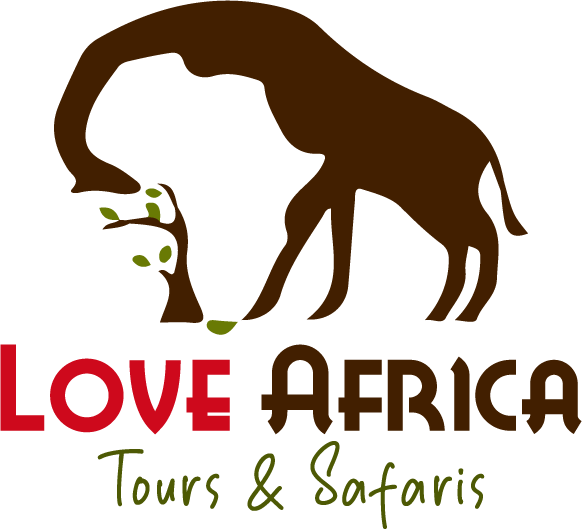Unveiling Tanzania’s Cultural Mosaic
Tanzania, a country located in East Africa, is a land of diverse cultures, traditions, and customs that have been woven together to create a rich and vibrant cultural tapestry. From the Maasai people of the savannah to the Swahili culture of the coast, Tanzania offers a fascinating glimpse into the many facets of African heritage.
The country’s population is made up of over 120 ethnic groups, each with its own unique language, beliefs, and practices. The Kikuyu, Chagga, Sukuma, and Hadzabe are just a few of the tribes that call Tanzania home, each contributing to the country’s cultural diversity.
A Journey Through Tradition and Diversity
One of the best ways to explore Tanzania’s cultural mosaic is through its vibrant festivals and celebrations. The Zanzibar International Film Festival, held annually in Stone Town, showcases the best of African cinema and serves as a platform for filmmakers from across the continent to share their stories and experiences.
For those interested in music and dance, the Bagamoyo Arts Festival is a must-visit event. Held in the coastal town of Bagamoyo, this festival brings together artists and performers from all over Tanzania to celebrate the country’s rich artistic heritage.
In addition to its festivals, Tanzania is home to a number of traditional dances and rituals that have been passed down through generations. The Maasai, known for their distinctive red robes and intricate beadwork, perform the adumu, or "jumping dance," as a way of celebrating important events such as weddings or coming-of-age ceremonies.
For a taste of traditional Swahili culture, visitors can explore the narrow streets and bustling markets of Stone Town, where they can sample local delicacies such as pilau (spiced rice) and samaki wa kupaka (coconut fish curry). The town’s architecture, a blend of Arab, Persian, and European influences, is a testament to Zanzibar’s rich history as a trading hub.
In the rural areas of Tanzania, visitors can immerse themselves in the daily life of the local communities by participating in activities such as farming, cooking, and traditional medicine-making. The Hadzabe, a hunter-gatherer tribe living near Lake Eyasi, offer visitors a glimpse into their way of life through guided tours and cultural exchanges.
As Tanzania continues to develop and modernize, it is important to preserve and celebrate the country’s diverse cultural heritage. By supporting local artisans, musicians, and cultural institutions, visitors can help ensure that Tanzania’s cultural mosaic remains vibrant and alive for future generations to enjoy.
In conclusion, Tanzania’s rich cultural tapestry is a testament to the country’s storied past and diverse population. From the bustling markets of Stone Town to the remote villages of the Maasai, Tanzania offers a wealth of experiences for those looking to explore the many facets of African heritage. Whether through festivals, traditional dances, or immersive cultural exchanges, visitors to Tanzania are sure to come away with a deeper appreciation for the country’s unique and diverse culture.




